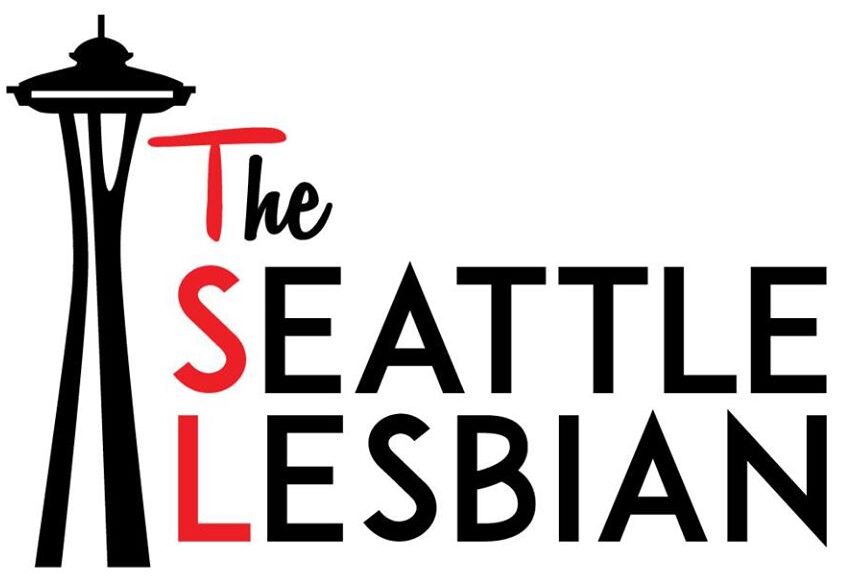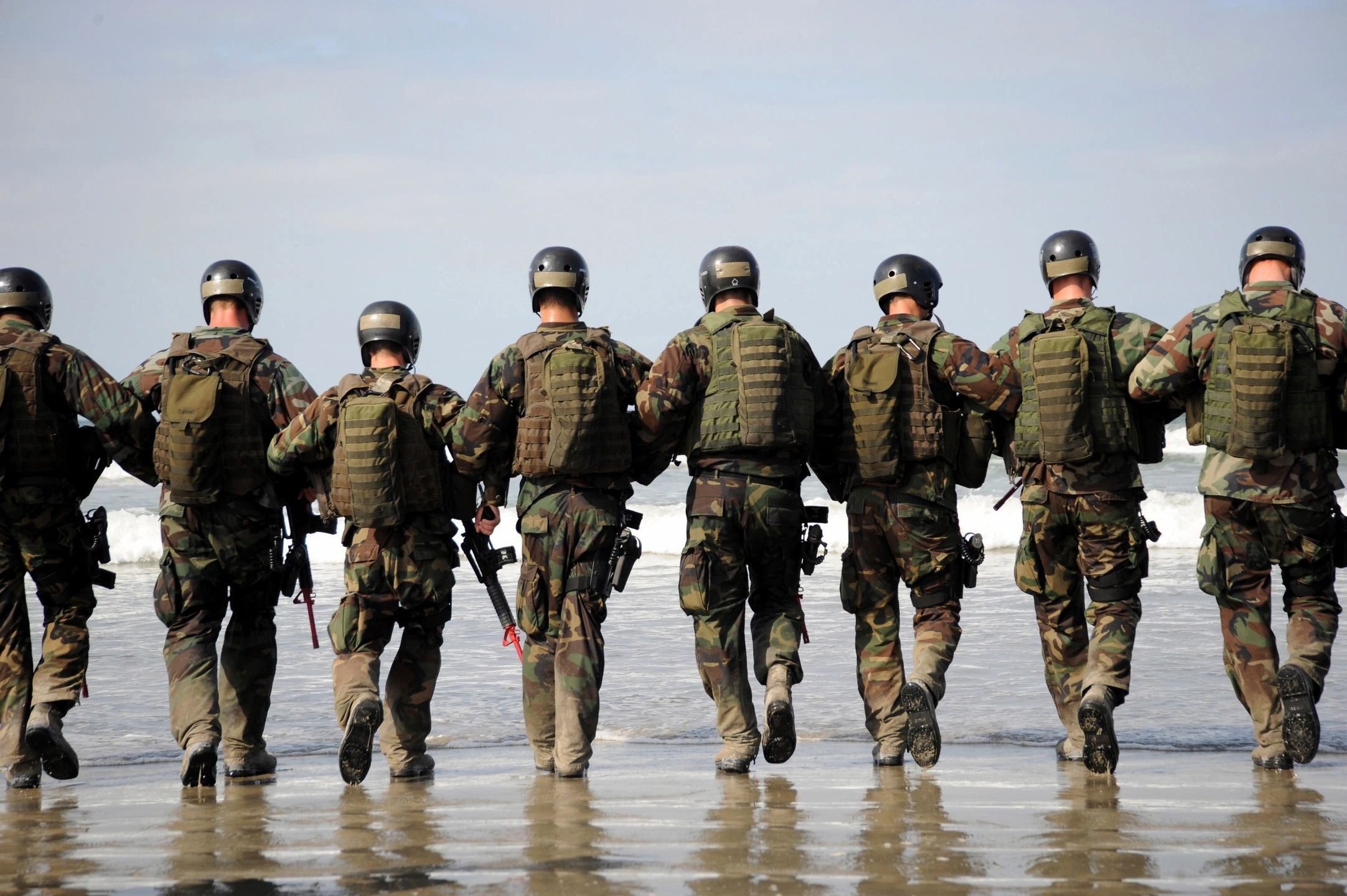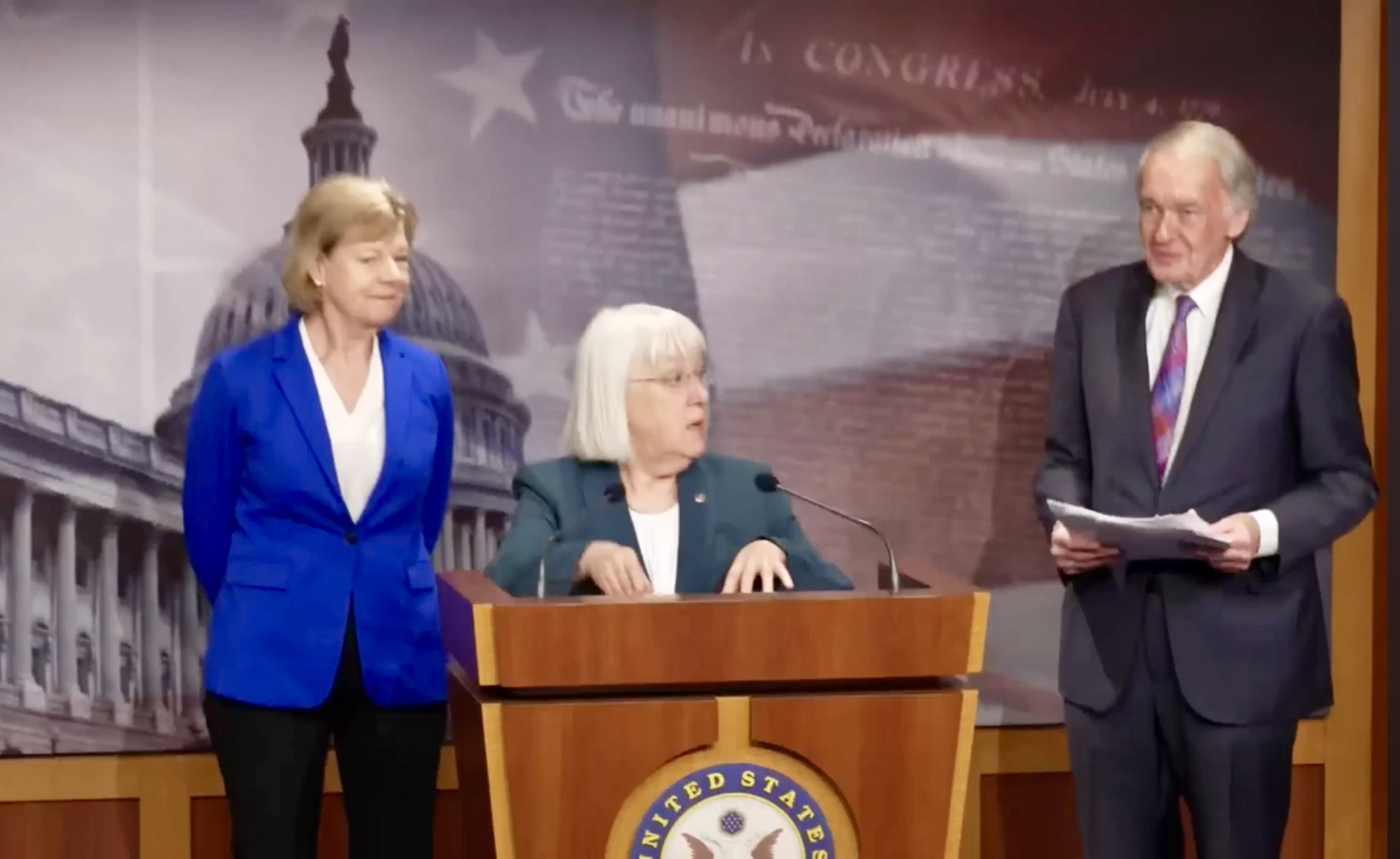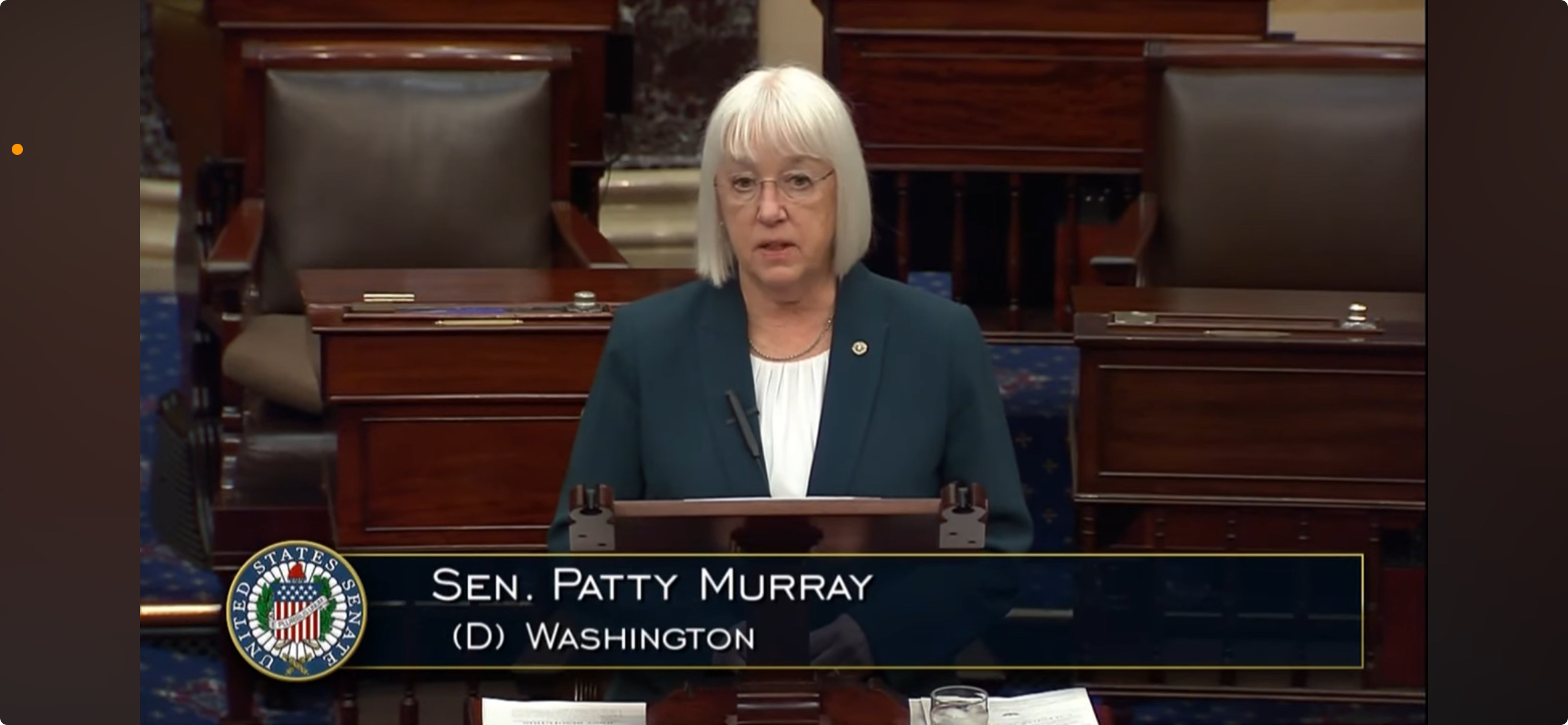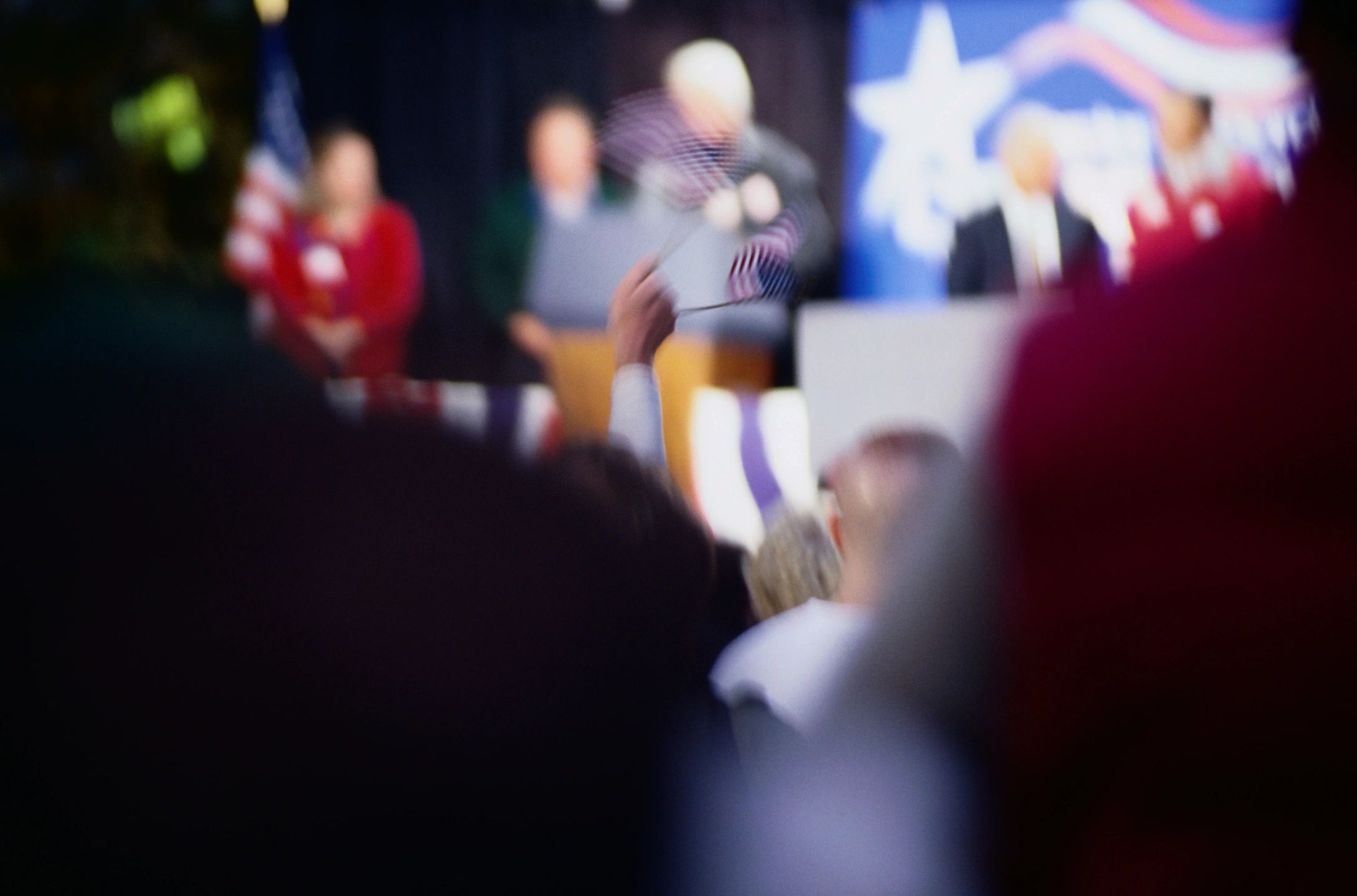
Since 2014, reported hate crimes have nearly doubled. White supremacist violence has been particularly virulent during the last four presidential elections.
The Leadership Conference Education Fund today released a report outlining the serious threat of an alarming rise in hate crimes since 2014. Each of the last four presidential election periods have shown an unmistakable pattern: Hate crimes increase during elections.
The report, the most recent publication in The Leadership Conference Education Fund’s “Cause for Concern” series first published in 1997, covers the steady rise of hate crimes — which have nearly doubled since 2014. While not all hate crimes and hate incidents are committed by white supremacists, white supremacist violence has been particularly virulent during the last four presidential elections.
The report points to statistics from the FBI and the Department of Justice, among other publicly sourced data. This new analysis of recent data reports shows that hate crimes have increased by more than 90 percent since 2014 against Asian, Black, Muslim, LGBTQ+, Jewish, Latino, immigrant, disability, and other communities. Among the compiled data, it is clear that reported hate crimes increase during election cycles — including in 2008, 2012, 2016, and 2020.
The Leadership Conference Education Fund called for a series of reforms to help combat and dismantle the conditions that have created the current state of hate ahead of the 2024 election. Those reforms include:
- Social media platforms must de-platform hate and disinformation year-round, not just during elections. Platforms are failing to consistently enforce their own policies to curb hate speech and keep users safe, which enables a small number of individuals and organizations with significant reach to repeatedly spread disinformation. Platforms have also gutted their trust and safety teams responsible for civil rights enforcement, which makes it easier for hate speech to proliferate.
- The federal government must confront and address white supremacist violence without further criminalizing communities of color, religious minorities, and other marginalized communities. The administration must prosecute white supremacist violence using the laws already on the books and cannot expand the footprint of national security agencies, which would harm the communities it intends to protect.
- Congress must mandate hate crime data collection and reporting. 2021 had the lowest participation from law enforcement agencies since 2012, while the most recent data show the highest number of reported hate crimes on record. To take more effective action, we need more accurate data to help us see the patterns and places where hate hurts people.
- Public officials must speak out against hate. We have to name and shame hate, and public officials have the power to help reduce incidents. We know that vocal support for people and communities who are too often victimized by hate sends a message of inclusion to those targeted and can reduce the amount of hate crimes committed.
“Antisemitic chants and violence in Charlottesville, the heinous attack in El Paso on Walmart shoppers who were mostly Mexican and Mexican American, the targeting of Black grocery store shoppers in Buffalo, NY, and the devastating act of violence at LGBTQ+ Club Q in Colorado Springs were not spontaneous acts. They were organized or influenced by organized hate groups.
White supremacists, neo-Nazis, and other hateful extremists are working to influence and incite more adherents to hate, undermining our democracy. The fact that the violence grows each election cycle since 2008 makes the threat a clear and present danger to our most fundamental act of belonging: The vote.
The unfettered spread of conspiracy theories and hate speech on social media — aided by the unwillingness of platforms to follow their own policies and invest in identifying and removing hate — has allowed the perfect venue for white supremacist rhetoric and lies to move more into the political mainstream,” said Maya Wiley, president and CEO of The Leadership Conference Education Fund.
“We need to treat the rise in racist, antisemitic, homophobic, and xenophobic violence as the emergency it is. The recommendations that The Education Fund highlighted in this report are important steps that elected leaders can take right now,” Wiley added. “We are all in this together. Too many powerful people are trying to pit us against each other for their own gain, and that has to stop.”
For additional information on the “Cause for Concern” report and The Leadership Conference and The Education Fund’s history of work, please see:
- Read the full report, “Cause for Concern 2024: The State of Hate,” here.
- Read The Leadership Conference 2022 statement calling for mandatory hate crimes data collection.
- Read The Leadership Conference and Brennan Center for Justice at NYU Law joint report highlighting concerns and recommendations related to the Biden administration’s domestic terrorism strategy.
- Read The Leadership Conference letter urging platforms to address misinformation and disinformation ahead of the 2022 election.
The Leadership Conference Education Fund builds public will for federal and state policies that promote and protect the civil and human rights of all persons in the United States. The Education Fund’s campaigns empower and mobilize advocates around the country to push for progressive change in the United States. It was founded in 1969 as the education and research arm of The Leadership Conference on Civil and Human Rights. For more information on The Education Fund, visit civilrights.org/edfund.
